As a result of the Russia–Ukraine war and the subsequent trade conflicts, the EU has significantly reduced its pipeline imports of Russian natural gas. The shortfall has largely been compensated by an increased volume of liquefied natural gas (LNG) shipments from the United States. By 2023, the U.S. had become the EU’s largest LNG supplier. American market expansion is expected to continue: European Commission President Ursula von der Leyen has pledged that the EU will purchase U.S. energy products worth €750 billion in the coming years. To fulfill this agreement, the EU would have to multiply its current LNG imports from the United States several times over.
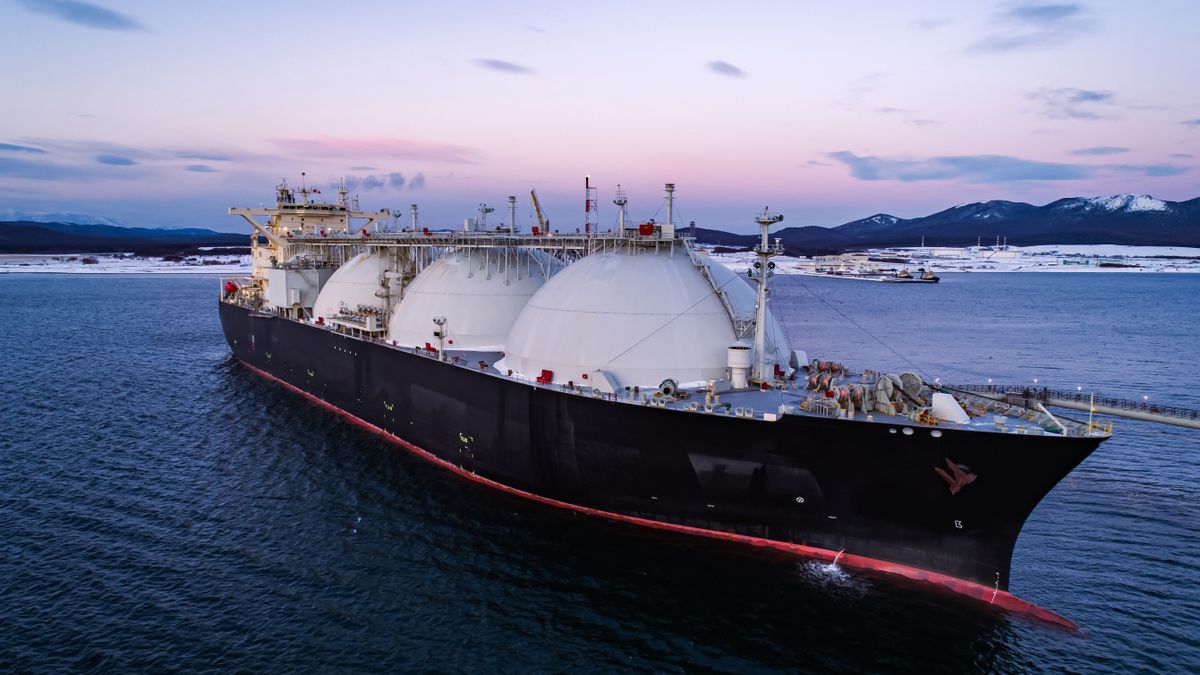
A new analysis by the Szazadveg Foundation examines how this strategy is perceived among EU citizens.
As numerous companies, NGOs, and research institutes have pointed out, replacing Russian gas with American LNG would push the EU into a new and costlier dependency, one that would significantly weaken its economic performance.
The Draghi Report also concluded that one of the EU’s gravest competitiveness issues is that European companies are paying multiple times more for energy than firms operating in the United States. By relying increasingly on U.S. LNG, the EU is cementing this disadvantage — since gas produced in the U.S. will always be cheaper domestically than after it is liquefied, shipped, and regasified for the European market.
Despite these economic drawbacks, the European Commission continues to treat the permanent and total exclusion of Russian energy sources and subsequent increased imports of U.S. LNG as its top energy policy priority. Even though energy mix decisions fall under national competence, Brussels is restricting member states’ room for maneuver through sanctions and trade measures.
This policy direction has even appeared in Hungarian domestic politics: despite its harmful economic effects — such as fuel prices jumping to over 1,000 forints per liter and utility bills more than tripling — the Tisza Party included Brussels’ demand to phase out Russian oil and gas in its platform, even though the vast majority of Hungarians reject it.
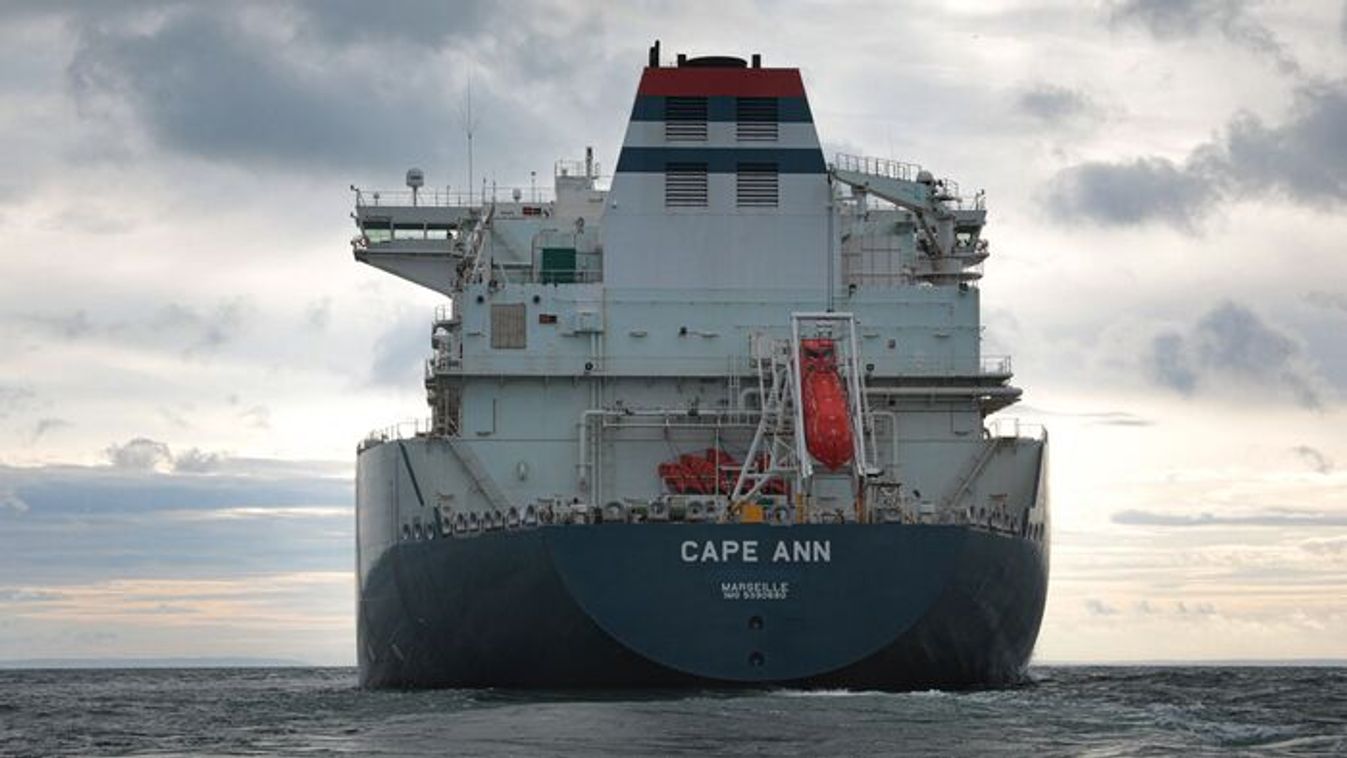
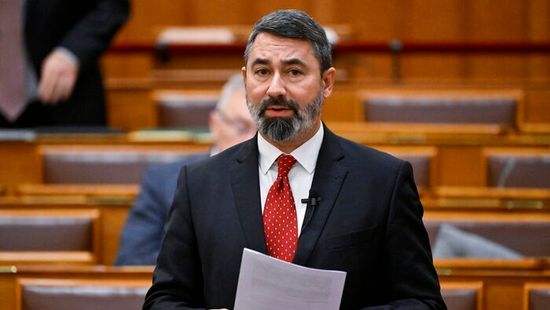
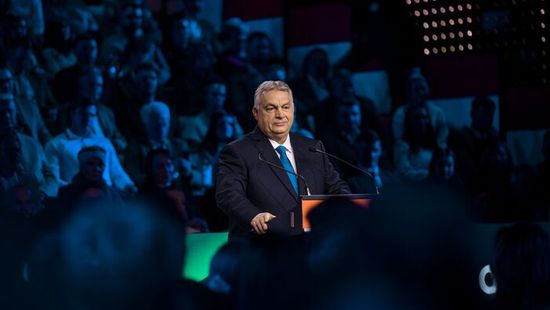
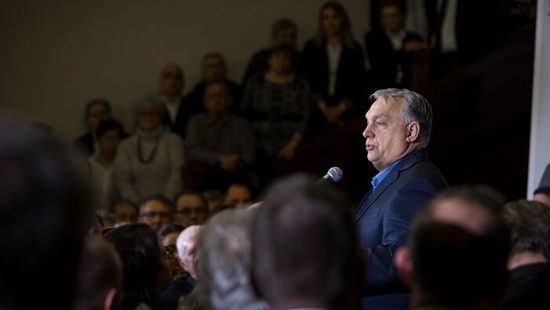
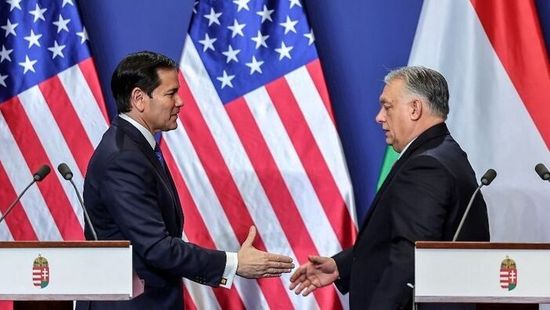



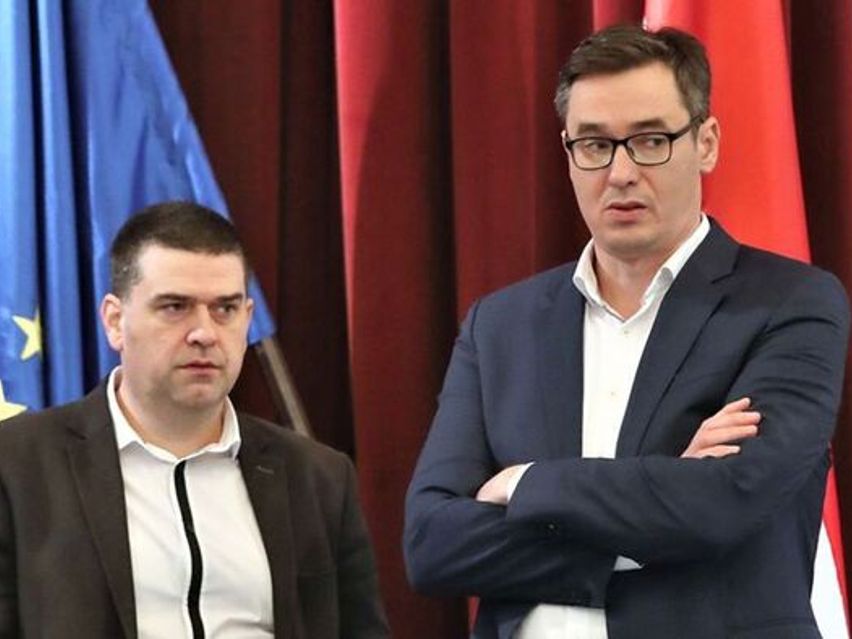
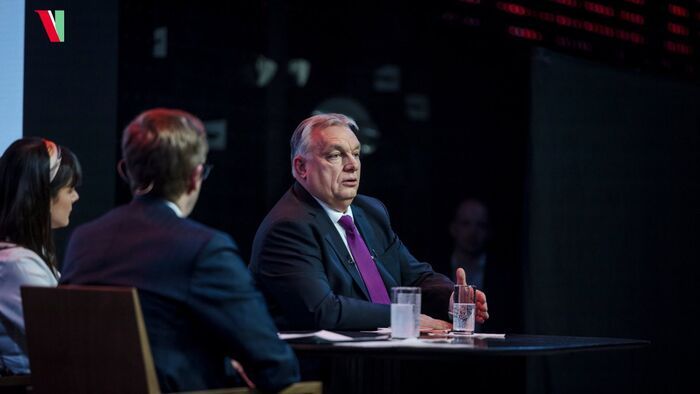



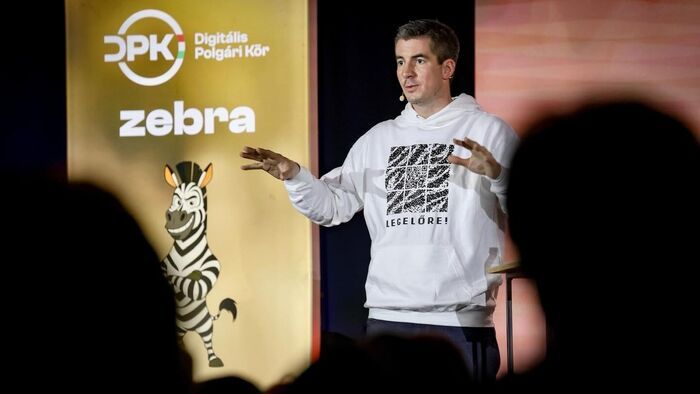
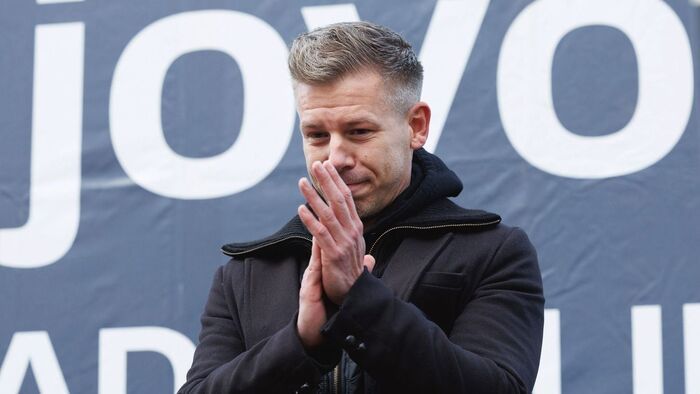

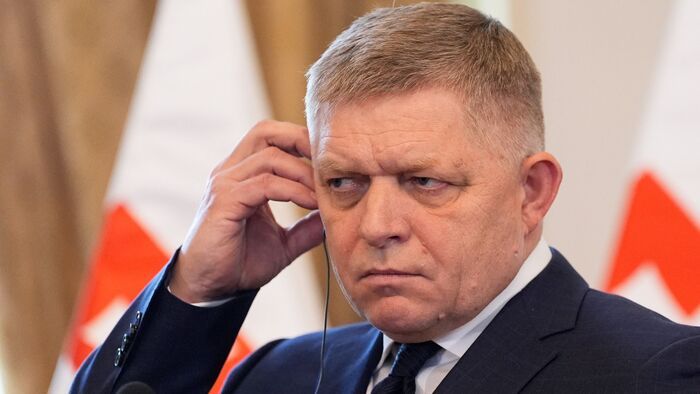
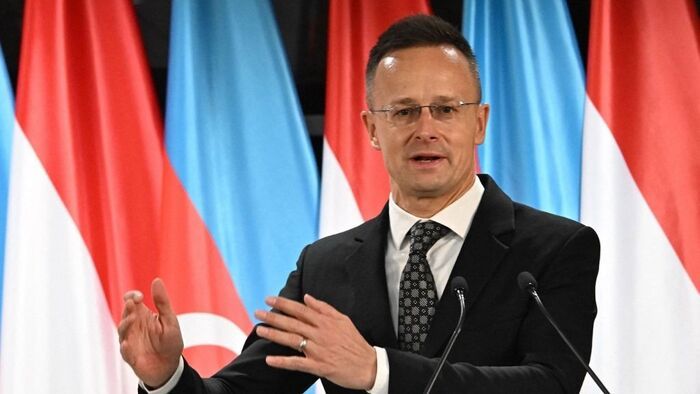





Szóljon hozzá!
Jelenleg csak a hozzászólások egy kis részét látja. Hozzászóláshoz és a további kommentek megtekintéséhez lépjen be, vagy regisztráljon!